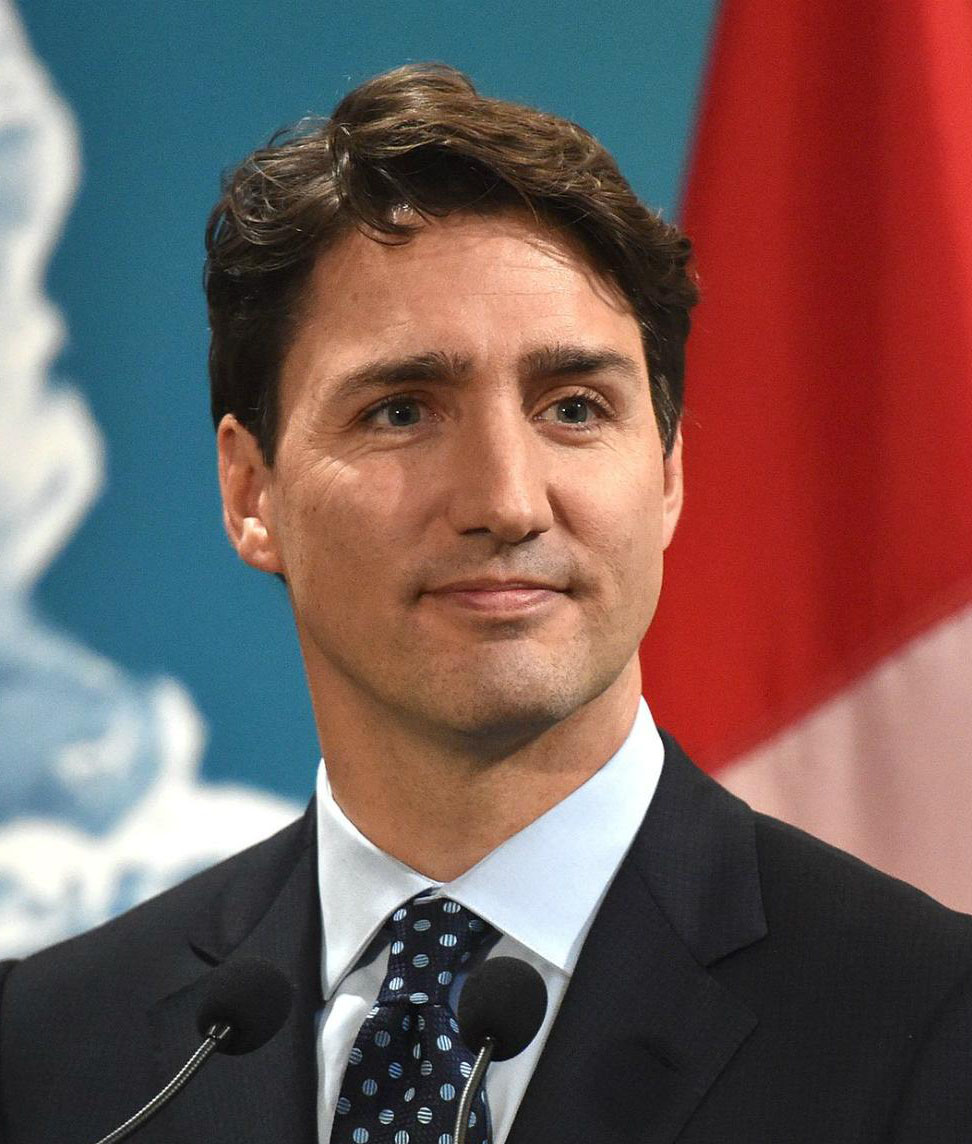OTTAWA, (Reuters) – Canadian Prime Minister Justin Trudeau has a window for a snap election that could give him a majority government and free him of his dependence on opposition parties to govern – if only they would cooperate and withdraw their support.
On Wednesday Trudeau’s Liberals, doing well in polls due to their handling of the coronavirus pandemic, sought to capitalize on that boost before an emerging second wave worsens and expensive financial aid programs begin to wind down. The government called a surprise confidence vote which, if lost, would have triggered a snap election. But the left-leaning opposition New Democrats backed Trudeau, allowing the government to survive.
“I’m convinced that Prime Minister Justin Trudeau was looking for a way to go to an election,” New Democrats leader Jagmeet Singh told the Canadian Broadcasting Corp after the tense vote on Wednesday.
“We’re not going to let them go to an election just because it suits them,” Singh said. Trudeau, who has been in power since 2015, lost the popular vote last year after struggling through an ethics scandal and the emergence of old pictures of him in blackface, leaving him with a minority government. That means Trudeau must negotiate all legislation to win opposition support. A majority government is independent.
But his handling of COVID-19 has put wind in the Liberals’ sails, and there is no way to predict how long it will last.
“If we look at the 6-, 12-, 18-month horizon, there are an increasing number of uncertainties related to the state of the economy and what happens with the pandemic,” said pollster Nik Nanos, founder of Nanos Research.
“(Liberals) are starting to see a window that’s open today and that they know will be open 60-90 days at the very least. Why try to extend the mandate when they can have a smash and grab majority?” Nanos said.
The Liberals would win 38.5% of the vote today, according to Nanos Research, 6 points more than their main rivals, the Conservatives, which could be just enough to secure a majority.
Getting there needs the New Democrats to stop backing the government, including the pre-Christmas fiscal update, which Liberals have said will include major spending plans.
The New Democrats have said they want to use their kingmaker position to force the Liberals to incorporate more social safety-net measures into the spending package. The party is also wary of an expensive election campaign.
But this week, as it negotiated with the Liberals for its support to quash a Conservative motion that led to the confidence vote, it got no concessions. The Liberals abruptly cut off talks on Tuesday morning, an NDP source said.
“It’s hard to sit across the table and negotiate with somebody who wants to lose (the negotiation),” the source said.
Trudeau has insisted he does not want an election. Instead, he wants to pass pandemic aid and the fiscal package to stimulate an economic recovery.
“We don’t want an election. We didn’t want one yesterday. I don’t think Canadians want one,” a government source said on Thursday.
Another government source said it is now up to the Liberals to illustrate they want to work with opposition parties, but if the parties want to “derail (the government’s work), then we need a new mandate.”
Three provincial governments have sought early votes to capitalize on a bump in their popularity during the pandemic. One incumbent won and two more are expected to win over the next few days.
Frank Graves, president of polling company EKOS Research, sees risks of a snap election this fall during the worsening second wave of the pandemic.
“The dominant issue is the pandemic and we’ve reached a crisis stage. That factor could weigh heavily on how voters make their decisions,” Graves said. “If you do (an election) in the spring … the worst is behind us, and I think Trudeau would be in a strong position to win.”






